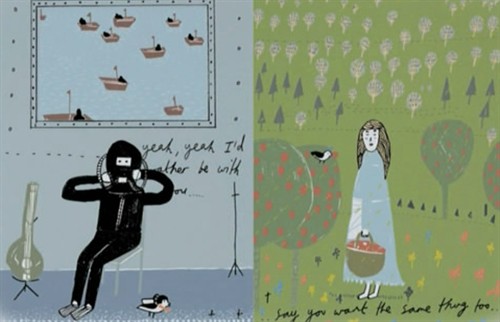| 正面 | 862.rather 英 ['rɑːðə]美 ['ræðɚ]     |
|---|---|
| 背面 |      释义: 1. 使得身边的6 朵花 on 继续开放的环境。adv. 宁可,宁愿;相当int. 当然啦(回答问题时用)n. (Rather)人名;(英)拉瑟 例句: 1. Rather taken aback by such forwardness, I slammed down the phone.如此无礼的言语让我火冒三丈,我砰的一下把电话挂了。 rather 相当,颇,相较来自 rathe,早的,急切的,-er,比较级后缀。即更早的,更快的,引申副词词义相当,颇,相 较。 ratherrather: [OE] Rather originated as the comparative form of the now obsolete adjective rathe ‘quick’, and so to begin with meant ‘more quickly’, hence ‘earlier, sooner’. Its most frequent modern meaning, ‘more willingly’, emerged as recently as the 16th century. Rathe itself went back to a prehistoric Germanic *khrathaz, which may have been derived from the same base as produced English rash ‘impetuous’.=> rashrather (adv.)Old English hraþor "more quickly, earlier, sooner," also "more readily," comparative of hraþe, hræþe "quickly, hastily, promptly, readily, immediately," which is related to hræð "quick, nimble, prompt, ready," from Proto-Germanic *khratha- (cognates: Old Norse hraðr, Old High German hrad), from PIE *kret- "to shake." The base form rathe was obsolete by 18c. except in poetry (Tennyson); superlative rathest fell from use by 17c. Meaning "more willingly" is recorded from c. 1300; sense of "more truly" is attested from late 14c. The rather lambes bene starved with cold [Spenser, "The Shepheardes Calender" (Februarie), 1579]" |